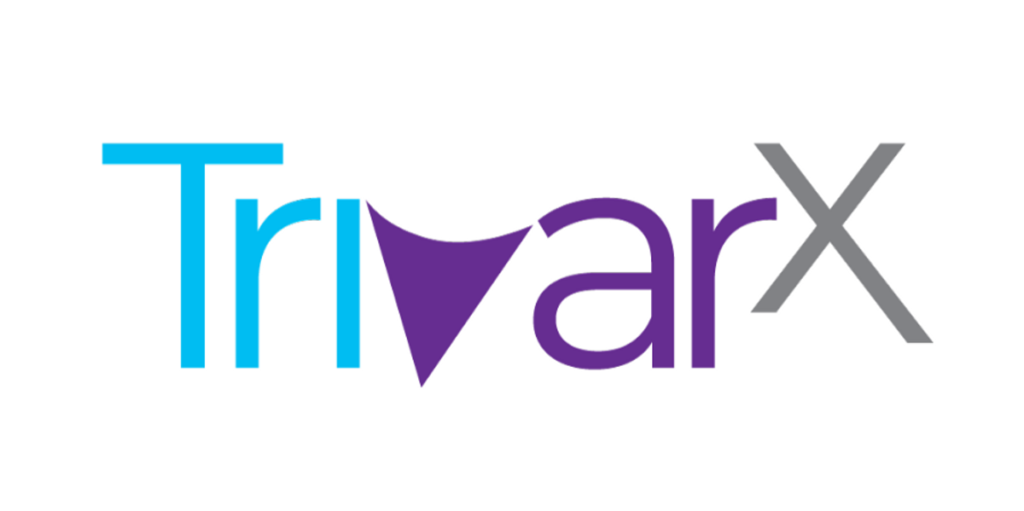A Phase 1a trial of SZN-043 has shown promising results, indicating target engagement and Wnt-pathway mediated pharmacodynamic effects in the liver. Enrollment is currently ongoing for a Phase 1b study focusing on severe alcohol-associated hepatitis.
Surrozen Inc., a company specializing in targeted therapeutics that selectively activate the Wnt Pathway for tissue repair and regeneration, presented preliminary findings from a Phase 1a study of SZN-043 at the 2024 European Association for the Study of the Liver (EASL) conference in Milan on June 8, 2024.
The Phase 1a trial established safe and well-tolerated doses of SZN-043 in a randomized, placebo-controlled study involving 40 healthy volunteers and 8 patients with liver cirrhosis. Various intravenous infusion doses ranging from 0.5 mg/kg to 3 mg/kg were administered, with mild-to-moderate, transient, and dose-related serum transaminase elevations observed in some subjects. However, these elevations resolved without intervention and were not indicative of liver disease or bile duct damage.
The study also highlighted evidence of Wnt-mediated pharmacodynamic activity in the liver following treatment with SZN-043. Target engagement was confirmed through transient increases in alkaline phosphatase (ALP), indicating binding and elimination of the targeting receptor asialoglycoprotein (ASGPR) from hepatocytes. Wnt signal activation was demonstrated by increased methacetin clearance and portal hepatic filtration rate (HFR), suggesting induction of cholate clearance by SZN-043.
Craig Parker, President and Chief Executive Officer of Surrozen, expressed optimism about the potential of their bispecific antibody-based approach to modulating the Wnt pathway. He emphasized the activation of Wnt signaling, target engagement in the liver, and the observed effects on liver function in the Phase 1a study.
SZN-043, the company’s first development candidate utilizing SWEETS™ technology, is being developed for severe liver diseases, with a focus on severe alcohol-associated hepatitis. The Phase 1b clinical trial for this indication began enrollment in the second quarter of 2024, with proof-of-concept data expected in the first half of 2025.
Additionally, Surrozen is developing SZN-413, a bi-specific antibody targeting Fzd4-mediated Wnt signaling for retinal diseases. The company has entered into a strategic partnership with Boehringer Ingelheim for the research and development of SZN-413, which has shown promising results in preclinical models of retinopathy.
Wnt signaling plays a crucial role in the regeneration of essential organs and tissues, making it a target for potential treatment of degenerative diseases and tissue injuries. Surrozen’s platform and proprietary technologies aim to overcome limitations in leveraging the Wnt pathway as a therapeutic strategy.
For more information about Surrozen and its developments, visit their website at www.surrozen.com.


